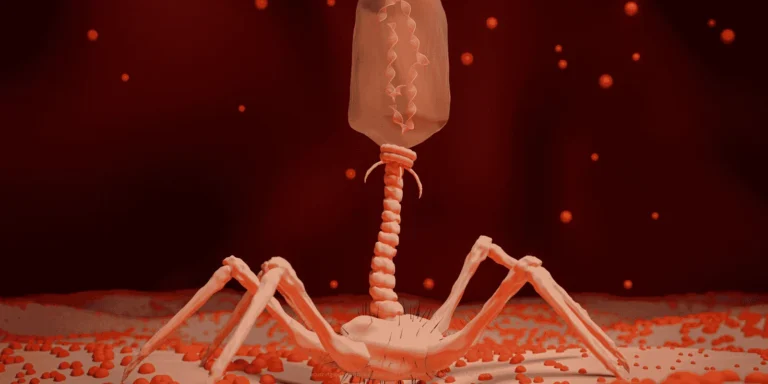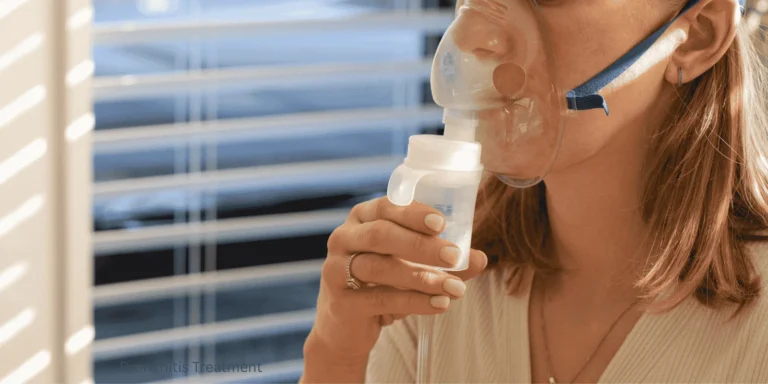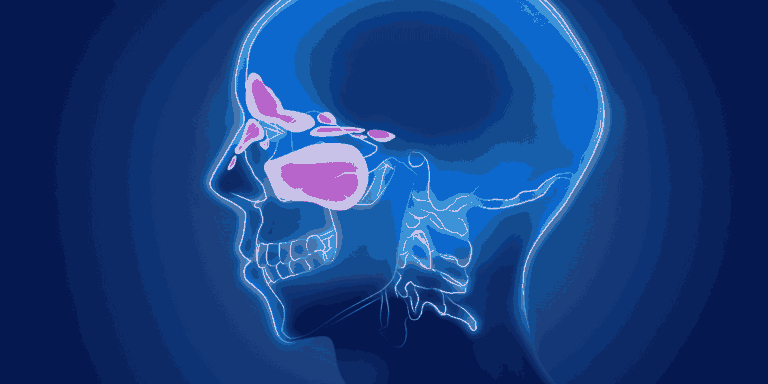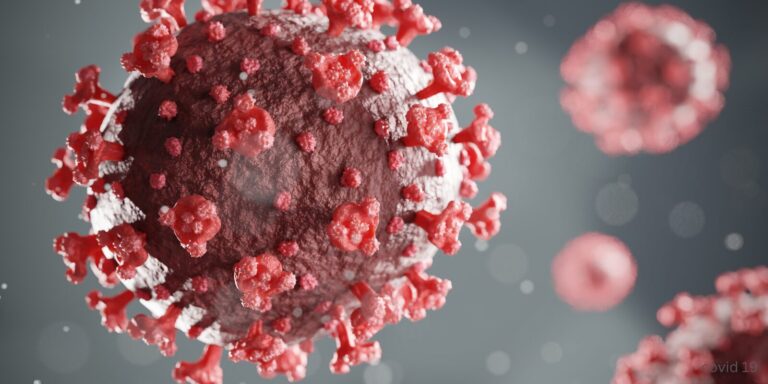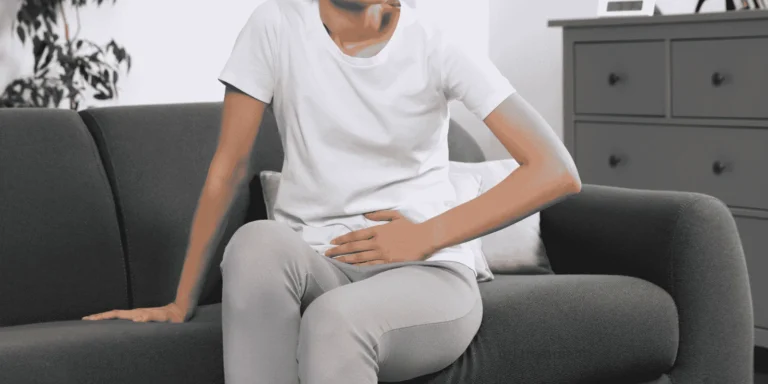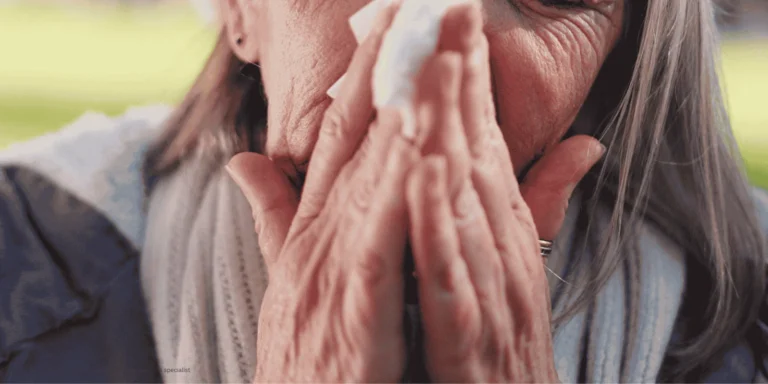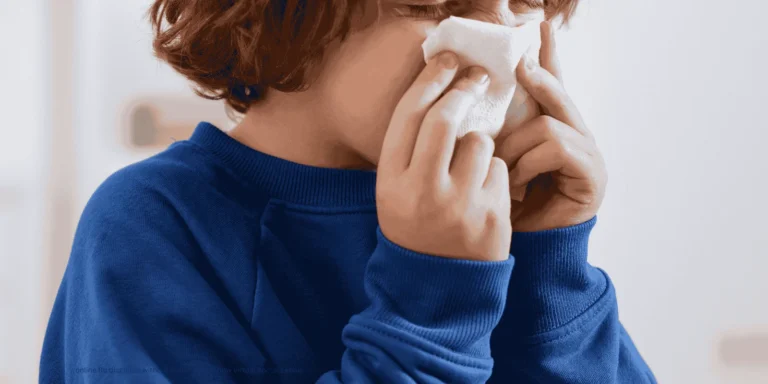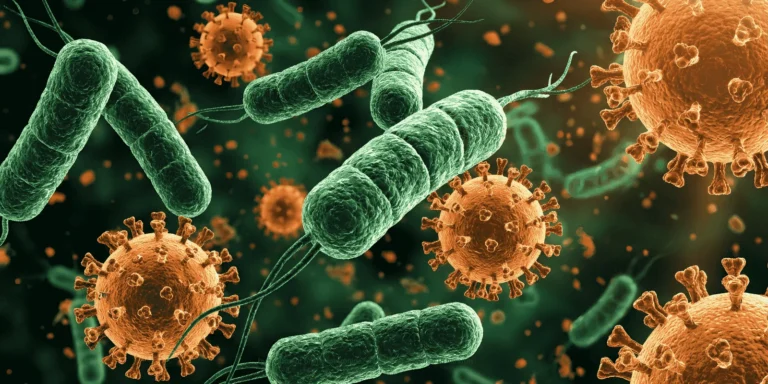You recovered from COVID weeks or even months ago, but you’re still coughing. It’s frustrating, worrying, and honestly exhausting. You’re not alone—persistent cough is one of the most common long COVID symptoms, affecting up to 20% of people after infection.
Let me explain why this happens and what you can do about it.
Your Airways Are Still Healing
COVID damages the lining of your airways and irritates nerve endings in your lungs. Even after the virus is gone, this irritation persists. Your airways remain hypersensitive to normal triggers like cold air, talking, or laughing.
Think of it like a sunburn on your lungs. The initial injury is done, but the tissues need time to fully repair. During that healing process, everything feels more sensitive than usual.
I’ve had patients who panicked thinking they had permanent lung damage, when really they just needed more recovery time. Most long COVID coughs eventually resolve, but it can take months.
Inflammation Lingers
COVID triggers significant inflammation throughout your respiratory system. Even after you test negative, some inflammation continues as your immune system finishes cleaning up.
This ongoing inflammation keeps your cough reflex hyperactive. Normal activities that wouldn’t usually trigger coughing suddenly set you off.
Mucus Production Changes
Some people develop increased mucus production that persists after COVID. Your airways are trying to protect and heal themselves, and extra mucus is part of that process.
Post-nasal drip from this excess mucus constantly tickles your throat and triggers coughing, especially at night or first thing in the morning.
What Actually Helps
Staying well-hydrated keeps mucus thin and easier to clear. Aim for 8-10 glasses of water daily.
Using a humidifier, especially at night, soothes irritated airways. Dry air makes coughing worse.
Honey can calm cough reflexes. Take a spoonful before bed or add it to warm tea throughout the day.
Breathing exercises help retrain your airways and reduce hypersensitivity. Deep, slow breathing for 5-10 minutes several times daily can make a noticeable difference over time.
Medications That May Help
Over-the-counter cough suppressants with dextromethorphan can provide temporary relief, especially for sleep.
If post-nasal drip is contributing, nasal steroid sprays used daily for several weeks might help reduce mucus production.
For severe, persistent coughs, prescription medications like gabapentin or low-dose inhaled steroids sometimes help, but these require medical evaluation and monitoring through telemedicine or in-person visits.
When to Worry
Most long COVID coughs gradually improve over 2-3 months. If yours is worsening, you’re coughing up blood, you’re short of breath at rest, or you develop chest pain, you need medical evaluation to rule out complications.
Recovery Takes Time
The hardest part is accepting that healing isn’t linear. You might have good days and bad days. Stress, overexertion, and respiratory irritants like smoke can trigger setbacks.
Be patient with your body. Most people with long COVID cough see significant improvement within 6 months, even if complete resolution takes longer.
Through telemedicine, we can assess your specific symptoms and recommend treatments that match your situation. You don’t have to just suffer through it.

